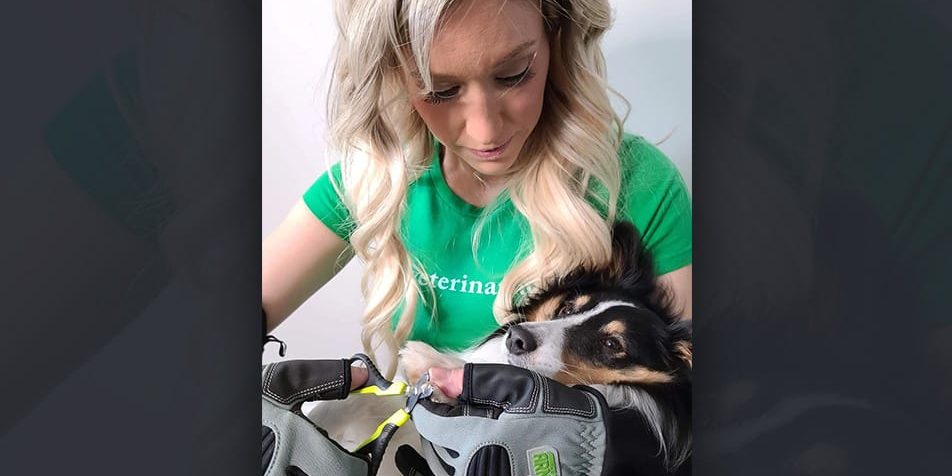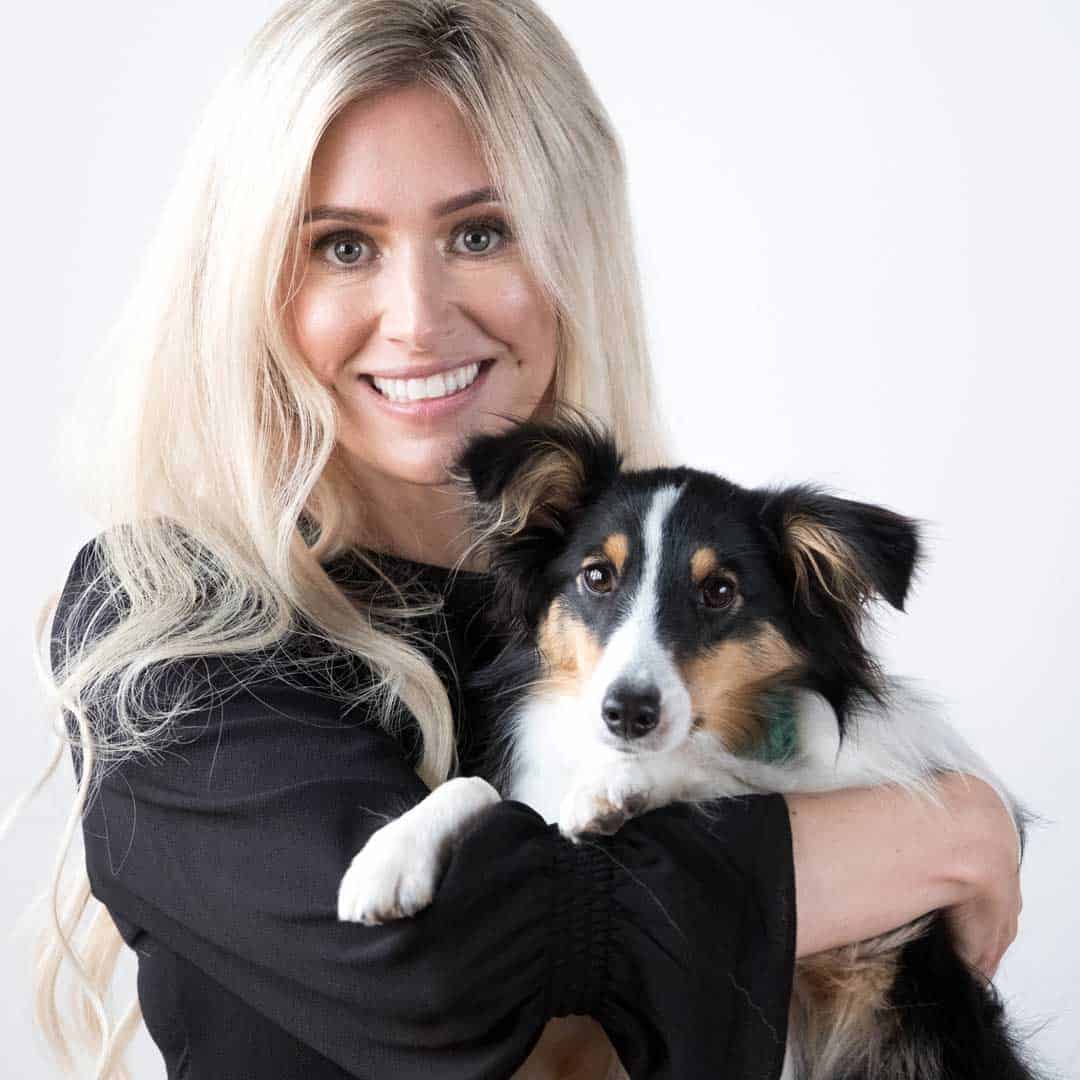Full Finger style glove size XL & Large are currently sold out. Get notified when they are back in stock.

Due to the Covid-19 pandemic, there has been an increased awareness of infectious disease transmission. This increased awareness was long overdue. How we interact with our environment and animals needs to improve, for a myriad of reasons, and will be discussed in a separate blog. The One Health Initiative emphasizes the connection between people, animals, plants, and the environment. Experts in human health, animal health, and environmental health all work together in order to attempt to achieve the best possible health outcomes for all.
Zoonotic diseases are diseases that are naturally transmissible from vertebrate animals to humans. Animal caregivers, animal handlers, and pet owners, are at risk for contracting a zoonotic disease because of the nature of their work. Over 800 zoonotic pathogens are known to affect humans, with approximately 20 to 30 of these resulting from contact with cats or dogs. Some (but not all) zoonotic diseases include: rabies, Lyme disease, ringworm, leptospirosis, and toxoplasmosis.
Additionally, dog and cat bites and scratches account for further health concerns for animal caregivers. It is estimated that over 80% of cat bites will become infected with a mix of bacteria – both anaerobic and aerobic bacteria strains. Likewise, approximately 20% of dog bites will do the same. When the skin is broken and bacteria enter the wound from an animal, that person is at risk for developing an infection that may or may not be readily responsive to antibiotics. The infection may not remain localized, it can spread and health complications can result. In immunocompromised individuals, these bites and scratches are even more problematic, and may even be lethal.
In order to decrease the risk of infectious disease transmission and protect ourselves, personal protective equipment must be worn. The protective equipment also must be able to be sanitized. The ArmOR Hand Gloves can be wiped down with disinfectants and they are a machine washable product. Hand washing also plays an important role and should be utilized frequently by any animal handler.
By working together and understanding the important role that we play in connection with animals, as well as our environment, we can start to make necessary changes to protect human and animal health, as well as protecting our environment. It is equally important to use reusable personal protective equipment to have a low-impact on the environment.


Dr. Laura Catena is the Founder and President of The ArmOR Hand Gloves.
She graduated from The Ohio State College of Veterinary Medicine and is a small animal veterinarian. Dr. Catena developed The ArmOR Hand Animal Handling Gloves after a life-threatening injury she endured while working emergency medicine. She is a member of the Women's Business Enterprise National Council and an animal welfare advocate.
Have Questions or Need Support?
Be safe. Glove up.|More Feels. Less Force.®
The ArmOR Hand Protective Gloves® are bite resistant, not bite proof.
They can decrease the severity of injury, if injury occurs.